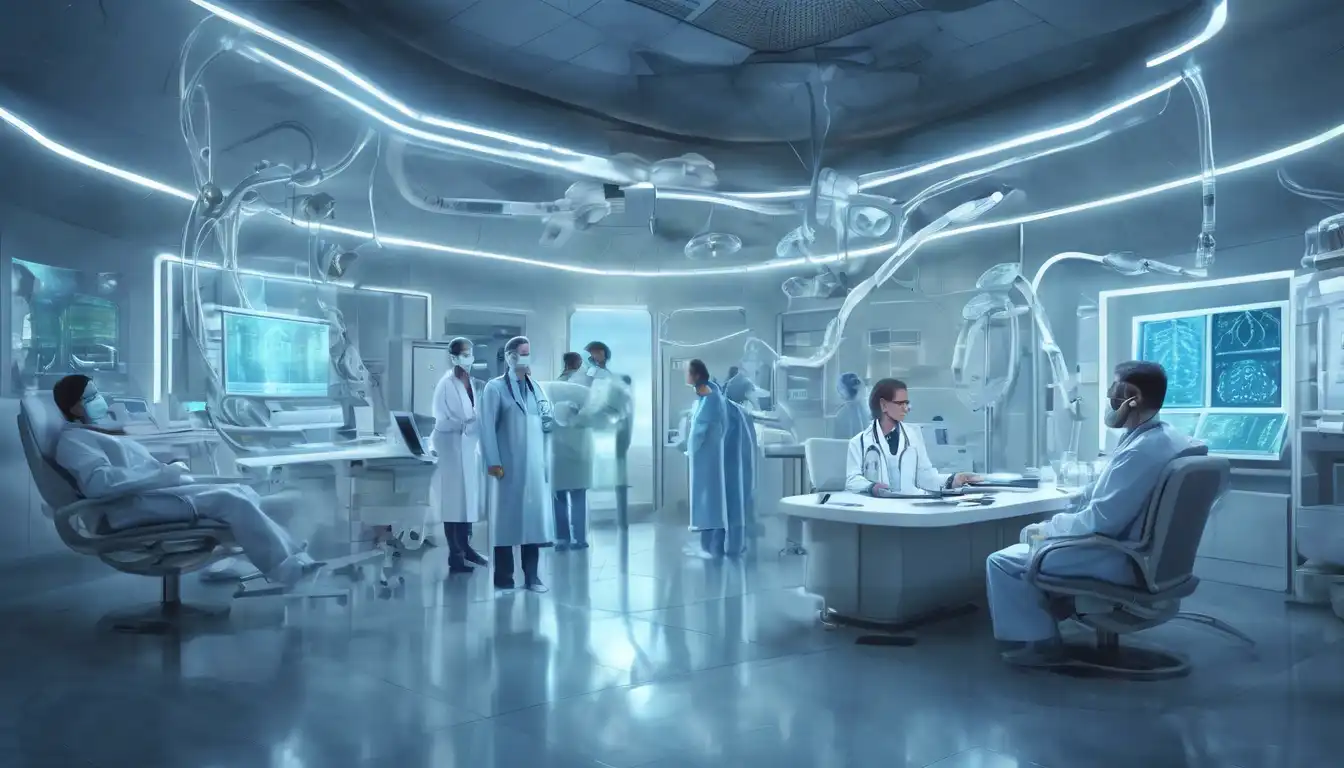The Revolutionary Role of AI in Healthcare
Artificial Intelligence (AI) is revolutionizing the healthcare industry by providing innovative solutions to complex problems. From diagnostics to treatment plans, AI is enhancing the efficiency and effectiveness of healthcare services worldwide.
Enhancing Diagnostic Accuracy
AI algorithms are now capable of analyzing medical images with precision surpassing human experts. This advancement not only speeds up the diagnostic process but also reduces the chances of human error, ensuring patients receive accurate diagnoses faster.
Personalized Treatment Plans
By leveraging vast amounts of data, AI can help create personalized treatment plans for patients. This approach considers the unique genetic makeup, lifestyle, and health history of individuals, leading to more effective and tailored healthcare solutions.
Streamlining Administrative Tasks
AI is also transforming the administrative side of healthcare. From scheduling appointments to managing patient records, AI-powered tools are reducing the workload on healthcare professionals, allowing them to focus more on patient care.
Improving Patient Outcomes
The ultimate goal of integrating AI into healthcare is to improve patient outcomes. With faster diagnoses, personalized treatments, and efficient administrative processes, patients can enjoy better health and quicker recoveries.
Challenges and Considerations
Despite its benefits, the integration of AI into healthcare comes with challenges. Issues such as data privacy, ethical considerations, and the need for robust AI governance frameworks must be addressed to fully realize the potential of AI in healthcare.
Future Prospects
The future of AI in healthcare is bright, with ongoing research and development paving the way for even more innovative solutions. As technology advances, we can expect AI to play an even more significant role in transforming healthcare for the better.
For more insights into how technology is shaping the future of healthcare, explore our technology in healthcare section.
